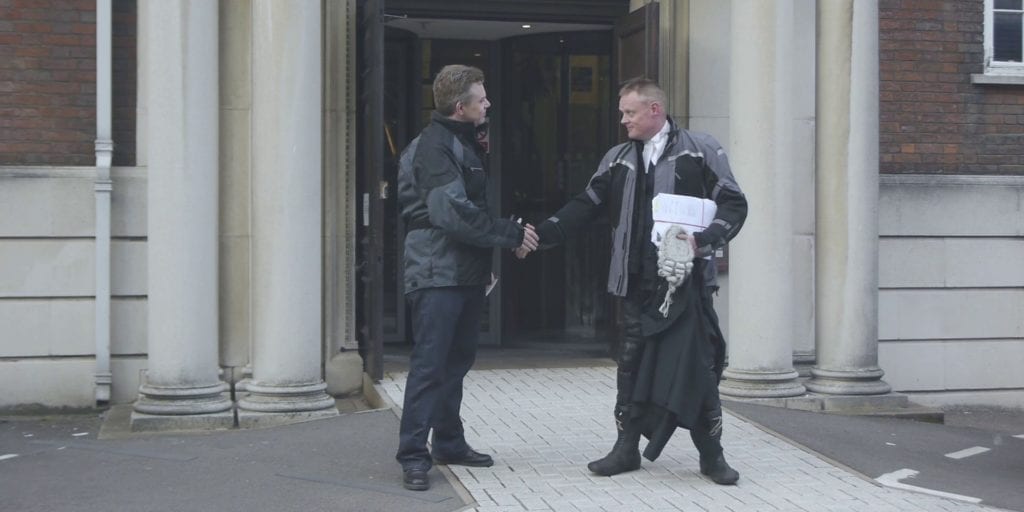Explanations of common terms related to motorcycle accident personal injury claims
Advocacy – appearing for you at court hearings.
Barrister – a separate profession from that of solicitor although it is permissible to hold both qualifications at the same time. Traditionally barristers were the only ones who could appear in court, although the split between the professions is getting smaller with solicitor advocates being allowed to appear for clients at court.
Claim – your demand for damages for personal injury whether or not court proceedings are issued.
Claims Management Company – a business set up to provide services and advice on claiming for compensation with respect to any loss or damages.
Conditional Fee Agreement – an agreement whereby the client only pays his/her solicitors costs if the solicitors win – it should be noted that despite being called “no win, no fee” the client may still be liable for the cost of some work e.g. experts, police reports, medical records etc… where the work is done outside of the solicitors office.
Contributory Negligence – where neither side is totally to blame the damages are reduced because both parties are at fault.
Counsel – a barrister practising at the independent bar – these could be used either to advise on a case or attend at trial.
Counterclaim – a cross-claim which is sometimes brought by a defendant against a claimant.
CRU Certificate – the Department for Work and Pensions (formerly the DSS) keep a record of any and all benefits paid to an injured party. They are entitled to recover these through the Compensation Recovery Unit (CRU) where damages are paid to that person – the paying party applies for a certificate of benefits paid and deducts this directly from the damages.
Damages – money that you win whether by a court decision or settlement.
Default Judgement – judgement which may be entered against the defendant when no defence is lodged within set timescales.
Defendant – the person against whom the claim is brought.
Disbursements – costs for legal work which is not done by us, such as payment for medical reports, police reports, accident reports, court issue fee etc.
Financial Ombudsman Service – an intermediary service set up to resolve disputes between consumers and financial service businesses.
Full & final settlement – this is the last payment that you will receive for your claim (save for reimbursement of any disbursements you may have paid). This covers both general and special damages and an acceptance of such a payment means that you cannot ask for more, even if you later find your injuries to be more serious than originally thought.
General Damages – losses you have suffered which are not fixed e.g. your injury, loss of use of your vehicle etc.
Interim Damages -money that a court says your opponent must pay or your opponent agrees to pay while waiting for a settlement or the court’s final decision.
Insurance Broker – an agent who finds insurance on behalf of someone else.
Legal Aid Contribution – the Legal Aid Board may ask that you pay towards your costs if they feel you can afford to do so – should you win then you would normally receive some or all of this back.
Legal Expenses Insurance (LEI) – insurance that protects someone against any potential legal costs arising from an accident (an event). More often than not LEI is bundled in with insurance (before the event) although LEI cover can be obtained after the event.
Lose – the court has dismissed your claim or you have stopped it on your solicitors advice.
No win, no fee agreement – see Conditional Fee Agreement
Particulars Of Claim – a statement of the case which is sent to the court with the Summons.
Personal Injury Panel – a specialised panel, accredited by The Law Society on having satisfied rigorous tests as to experience and expertise in personal injury law and practice.
Special Damages – out of pocket expenses arising from your accident e.g. loss of earnings, damaged clothing, additional travel etc – you should try and keep all receipts in this respect.
Summary Judgement – where there is no real defence to the claim then judgement can be asked for by the claimant and puts an end to issues on liability.
Summons – the claim which is being brought before the court.
Third Party Insurer – the insurance company for the other party involved in the accident.
